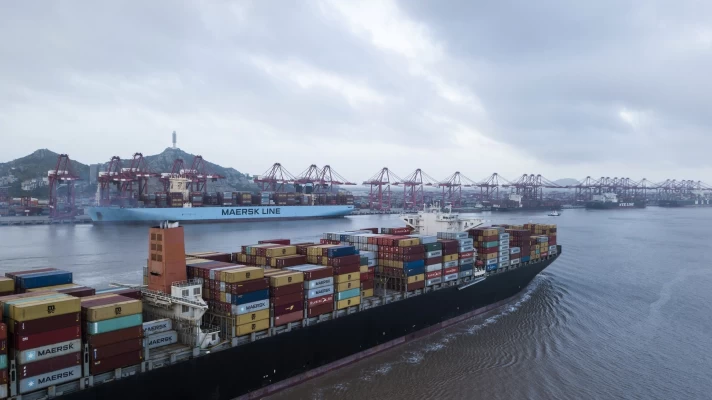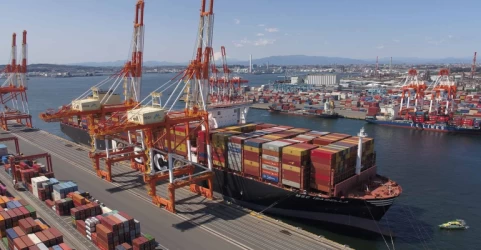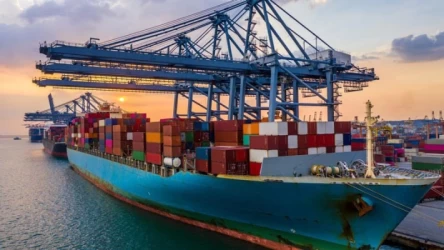Sea freight in Surabaya port
Surabaya Port, located in East Java, Indonesia, is one of the largest and most vital ports in the country. Serving as a crucial trade and industrial hub, the port plays a significant role in international maritime transportation. Its strategic location near the Malacca Strait and major shipping routes makes Surabaya Port a key player in maritime trade across Asia.
Historical Background of Surabaya Port
The history of Surabaya Port dates back to the colonial era when it was established by the Dutch as a trading post. Over the years, it has undergone various developments, evolving into a primary hub for both international and domestic trade. Continuous investments in infrastructure and modern technologies have allowed Surabaya Port to become a significant maritime center in Southeast Asia.
Strategic Importance of Surabaya Port
Surabaya Port's geographic position enables it to serve as one of the main connectors between the East and West in the Indian and Pacific Oceans. The port is extensively involved in global maritime trade, handling a wide range of goods, including industrial products, minerals, agricultural products, and consumer goods. Its ability to facilitate the flow of goods makes it an essential asset for Indonesia's economy.
Infrastructure and Facilities at Surabaya Port
Surabaya Port boasts modern and extensive infrastructure, including container terminals, warehouses, large cranes, and transport facilities for both rail and road. The port is equipped with advanced facilities for loading and unloading large vessels, enhancing the efficiency of maritime operations.
One of the major development projects at the port has been the expansion of container terminals to increase cargo handling capacity. This expansion has positioned Surabaya Port as a competitive player in the Southeast Asian region, attracting more shipping lines and cargo traffic.
Role of Surabaya Port in Indonesia's Economy
Surabaya Port is a critical engine of economic growth in Indonesia. Annually, it handles millions of tons of cargo, playing a pivotal role in facilitating both domestic and international trade. The export and import of goods through this port not only contribute to Indonesia's economic development but also create numerous job opportunities. Many international and regional companies utilize the port for their shipping needs, emphasizing its importance in global trade.
Challenges and Opportunities Ahead
Despite its many advantages, Surabaya Port faces several challenges. One of the most pressing issues is intense competition from other regional ports, such as Port of Singapore and Port Klang in Malaysia. To maintain its market position, Surabaya Port must focus on continuous improvement of its infrastructure and services.
Conversely, there are significant opportunities for expanding international cooperation in maritime transportation and logistics at this port. Investing in modern and green technologies can lead to increased efficiency and reduced shipping costs, enhancing the port's competitive edge.
Conclusion
Surabaya Port, as one of the critical maritime hubs in Southeast Asia, plays an essential role in the development of maritime trade and Indonesia's economy. With ongoing investments in infrastructure and service development, the port can become a leading center for maritime transportation in the region. However, addressing challenges and leveraging opportunities is crucial for maintaining the competitiveness of Surabaya Port in the global market.
If you have any specific questions or need further assistance, feel free to ask!











